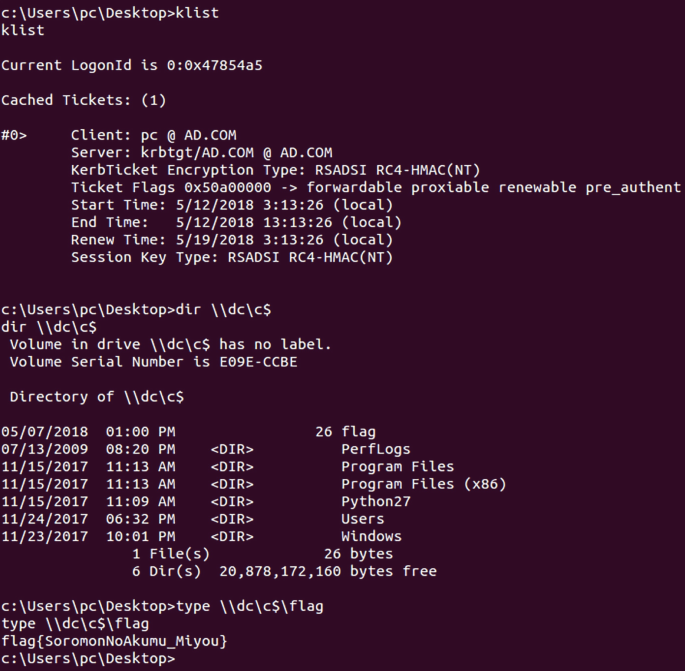In the Army, soldiers must complete a physical fitness test (APFT) every six months, including measurements of their height and weight. Soldiers who fail this test will receive an Army Adverse Action flag, which bars them from reenlistment, extension, or promotion. The Army Adverse Action flag is annotated as code J on an ERB. Soldiers who are flagged must pass the APFT and complete the Army Weight Control Program in order to clear the flag.
APFT failure flags bar soldiers from re-enlistment, extension and promotion
Soldiers whose APFT is flagged for failure do not meet the requirements to re-enlist, extend their service, or receive a promotion. This is because they have failed a physical fitness test. These tests must be conducted every six months. If a Soldier does not meet these requirements, he or she will be given an Army Adverse Action flag. The flag will be annotated as code J on the Soldier’s ERB. In addition, flagged soldiers will also have to complete the Army Weight Control Program before they can re-enlist or get promoted.
An applicant has served in the Army National Guard for 17 years. He sustained knee injuries while on active duty. He underwent medical treatment from the Department of Veterans Affairs (VA). However, he failed the run event in his Army Physical Fitness Test. He subsequently applied for a profile.
The Army recently updated its regulation regarding APFT flags. The new regulation, AR 600-8-2, sets out the circumstances under which an officer or Soldier could lose his or her enlisted benefits. It applies to Regular Army, National Guard, and Army Reserve soldiers.
Failure of the ACFT will be recorded on the Soldier’s record. The Soldier must re-test within 180 days. This time frame is often reduced if the commander and the soldier agree. In addition, time spent on a temporary profile does not count toward the time limit.
If a soldier’s AAC-C95 reflects an AAF-C95 flag, he or she must submit a copy of this report to the Bn S1. The soldier is directed to an S1 to prepare DA Form 268 for flagging.
In one case, a soldier was barred from re-enlistment due to failure of the APFT. Although he met the requirements for height and weight, his APFT performance was flagged for failure. The applicant argues that the Army was deprived of due process and that he had met the weight control requirements. This is a significant case for the Army.
Whether a soldier has APFT failure flags will ultimately affect his or her eligibility for promotion, extension, and re-enlistment. The commander has the authority to order a flag to be removed. If a flag is flagged, the commander of the unit or battalion where the flag was initiated determines the effective date.
APFT failure flags are displayed on APFT reports
If a Soldier is flagged for APFT failure, there are several steps to take. First, the commander will initiate a flag, typically for a specific APFT event. Once a Soldier has successfully completed the event, the flag is lifted and the Soldier is no longer flagged. Alternatively, the commander may lift the flag for another reason, such as weight control.
Second, the leaders must be proactive in helping Soldiers who are flagged for APFT failures improve their performance. Whether this involves enrolling the Soldier in FIT-P, the Army Weight Control Program, or a gym membership, it is the leadership’s responsibility to make sure that the Soldier is in proper physical shape. If the Soldier does not exercise, he/she will not pass the APFT. Lastly, the leaders must offer formal counseling to the Soldier who failed the test. They should explain the standards and what they should do to improve their performance.
Failure on the APFT can result in dismissal from the Army. As a result, soldiers flagged for APFT failure are often placed in a “remedial” program that includes additional physical training. Flagging makes soldiers ineligible for promotion, attendance at military schools, or other activities. However, if the Soldier passes the APFT, he/she will not be flagged.
Another way to check if a soldier has been flagged for APFT failure is to look at his/her Enlisted Record Brief. The Enlisted Record Brief (ERB) will show a flag code “JA” indicating that the applicant failed the APFT. The flag will not be lifted until the applicant is released from active duty. Furthermore, the applicant’s official military personnel file will not show any court-martials or punishments under Article 15 of the Uniform Code of Military Justice.
APFT can be dangerous for a soldier’s career. A flagging can prevent them from receiving promotions, attending critical schools, or receiving certain benefits. Flagging a soldier may even lead to their removal from the military altogether. The good news is that it is possible to lift the flag for passing the ACFT. Passing the ACFT can help a soldier avoid the flags from failing the APFT.
